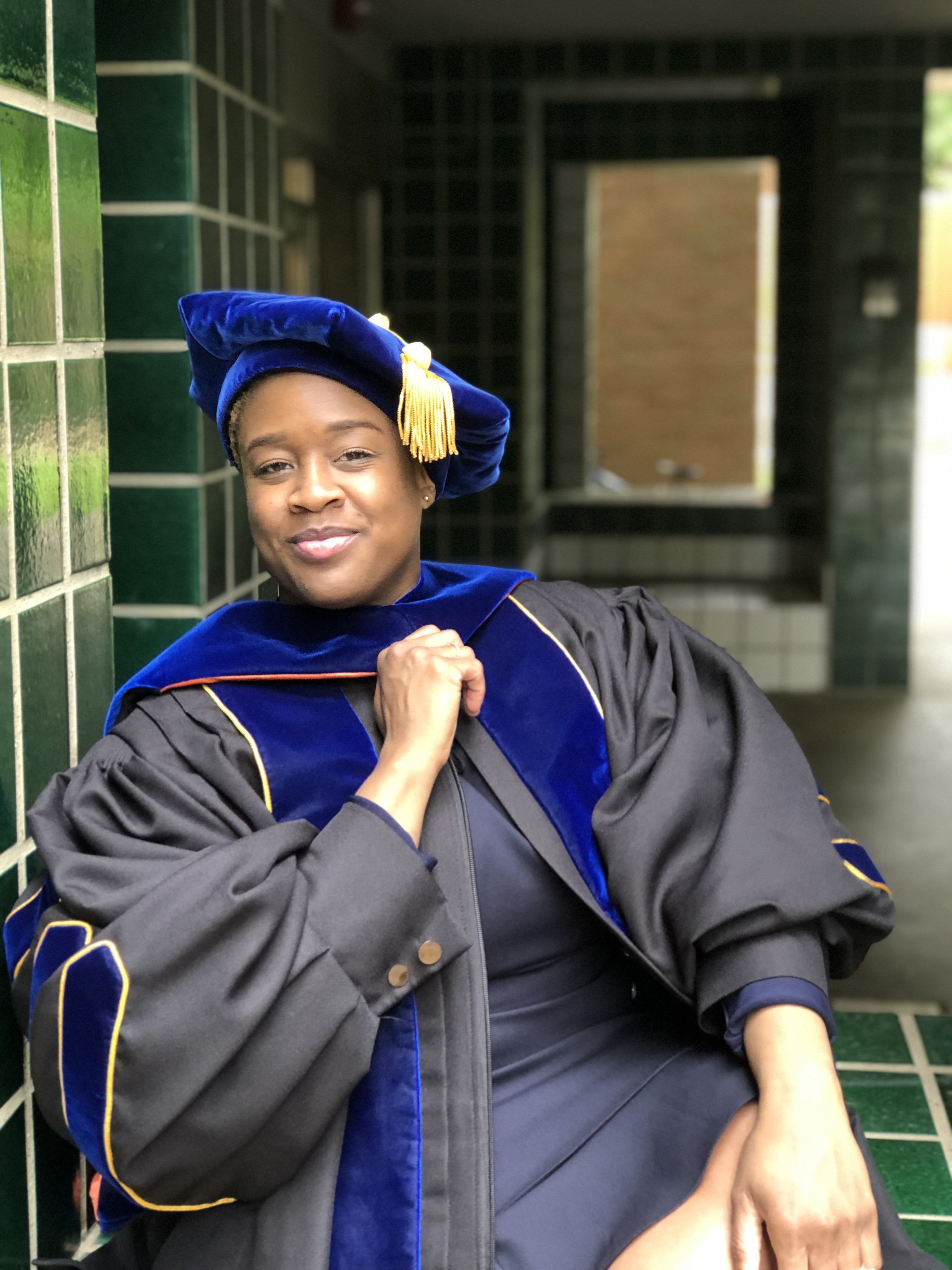“Kiddo.” This was the word that reverberated as headline after headline relayed that Dr. Jill Biden had been requested to retire her earned doctoral title during her time in the White House in a Wall Street Journal op-ed. I was utterly disgusted, and reminded of all the women I know that have shared similar experiences, including myself. Female doctors, attorneys, government managers, human resource professionals, college professors, and more have shared this unspoken fight to be given the respect of our titles that our male colleagues so easily receive. As a young, black, woman this battle is exacerbated. We are often addressed by our first names or Miss more often than “Dr.”, even after we have introduced ourselves or been introduced as such. When we assert our right to use the titles we have earned, we are viewed as being difficult, thinking more of ourselves than others think we ought, or as the columnist said “fraudulent, not to mention comical.” This is all while our male colleagues are called “Doc” or “Doctor” by default, just like the columnist who hadn’t earned the title, but was commonly referred to as Dr. Epstein throughout his career.
“It’s Dr. Carter.” Long … awkward … silence. This was not what I expected after graduating and earning my PhD. While I was in school people were excited to learn I was working on my dissertation and were always willing to offer a word of encouragement. Yet when I graduated and decided to shift from “Lorin” to “Dr. Carter” professionally there was a tangible uneasiness. I was taken aback that no longer were words of support offered, in their place I received looks of disdain and repeated attempts to disregard the title in professional settings. I never thought I would have to have these conversations, some that even attempted to make me feel like I was being silly for giving a second thought to using the title I worked hard to gain. The most frustrating comments were those questioning whether or not it was “necessary” for me to use “Dr.”, or those sharing the opinions that a PhD didn’t deserve the same respect as an MD, when the speaker had not personally invested or sacrificed the time and energy required to earn either distinction.
These issues are not isolated to the doctoral degree. Working as a young, southern, black, female Civil Engineer I was often called “Sweetie” or “Young Lady”, talked over, and expected to take notes in meetings where I had valuable insight to share. In those moments I had to assert, just as Vice President-Elect Kamala Harris did earlier this year during the 2020 Vice Presidential Debate, “I’m speaking.”
I thought that the PhD would eliminate some of these issues. I was wrong. The article this weekend reminded me of just how important it is to use my titles and to be intentional about what I answer to. It reminded me of how my parents encouraged my sisters and I to own our accomplishments growing up. It reminded me of an exercise I completed earlier this year during my OpEd Project Dallas Public Voices Fellowship that prompted each fellow to fully own our expertise and to feel the power of saying it out loud. It reminded me that every time I use the title I make it easier for the next woman to do the same and to normalize women being respected in the workplace.
Respect isn’t only eliminating sexual discrimination, it also includes recognizing, acknowledging, and addressing women as equals in the workplace as well. How can we do that? We must not apologize for others discomfort with our titles or say “It’s okay.” when we aren’t addressed appropriately in professional settings. We must confidently believe we belong in the rooms we enter. We must boldly share our valuable insight and feedback. We must not shrink back, but lean fully into our power. We must call on men to be affirmative allies in normalizing respect, and we must accept nothing less. We must take up space.
I promise to continue to say, “It’s Dr. Carter.” without apology or explanation – even when it’s uncomfortable. I urge each of you to do the same. We’ve earned it.


